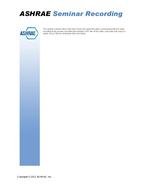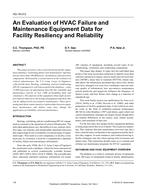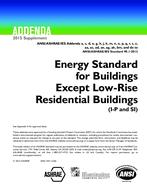Having building energy simulation programs with the inherent capability to efficiently perform optimization either during the conceptual design phase or during the operational stage would provide professionals with a tool to reduce energy use in building systems. This paper starts by reviewing two popular simulation techniques for building energy systems— sequential component method (SCM) and equation-oriented method (EOM)—in terms of their advantages and disadvantages. Next, a hybrid simulation strategy, successive approximation method (SAM), is proposed, This strategy is inherently capable of dealing with both design and optimal operation while combining desirable features of both SCM and EOM. SAM is a more coherent strategy that involves two aspects: (1) formulation of the equations following SAM and (2) using the automatic differentiation (AD) technique to compute the Jacobian matrix necessary to solve the equations. Finally, an illustrative example is presented to demonstrate the feasibility of this approach and how its results compare to those of a traditional simulation method.
Units: SI
Citation: Symposium, ASHRAE Transactions, vol. 112, pt. 1
Product Details
- Published:
- 2006
- Number of Pages:
- 10
- File Size:
- 1 file , 2.2 MB
- Product Code(s):
- D-27972


